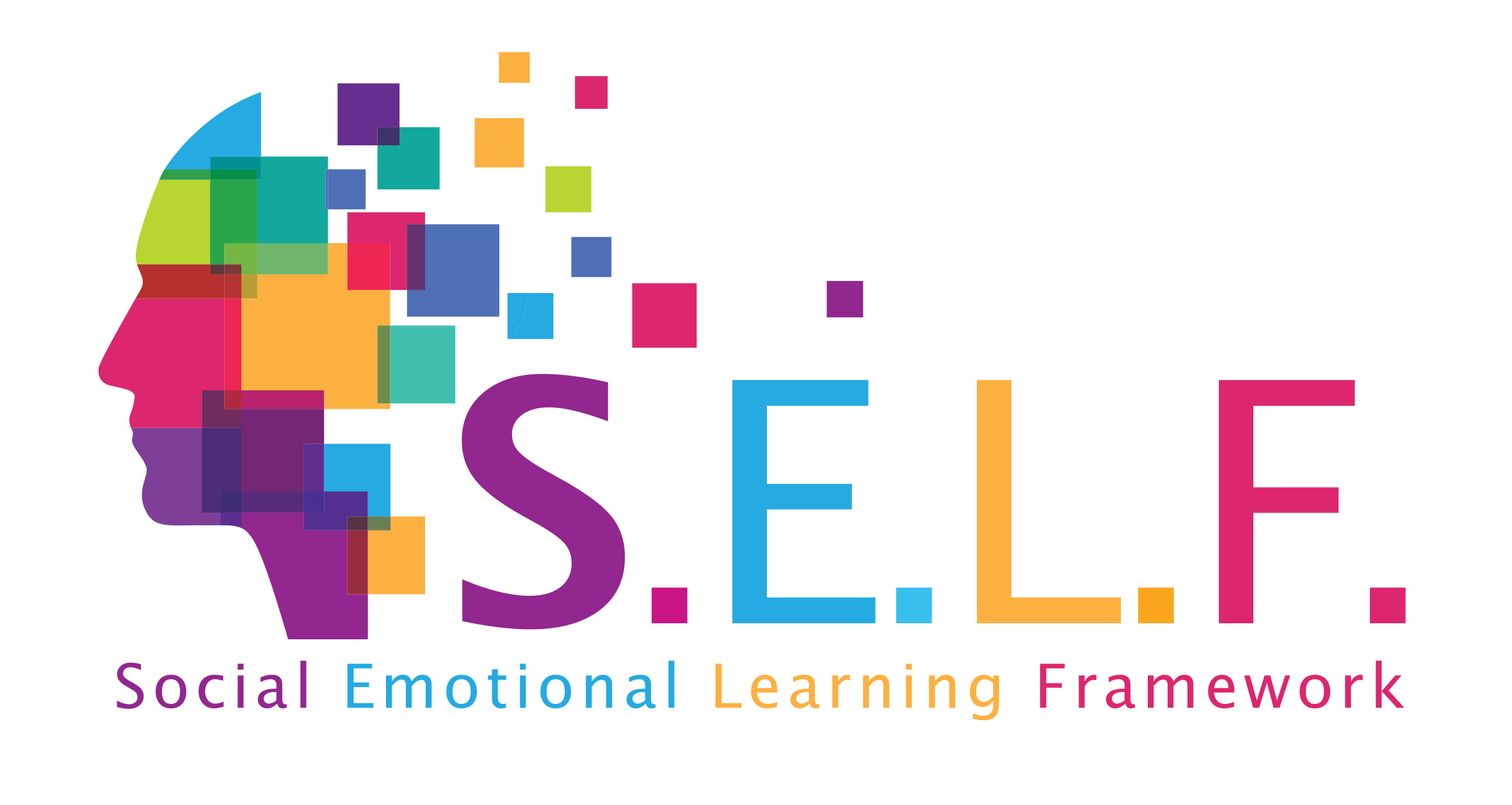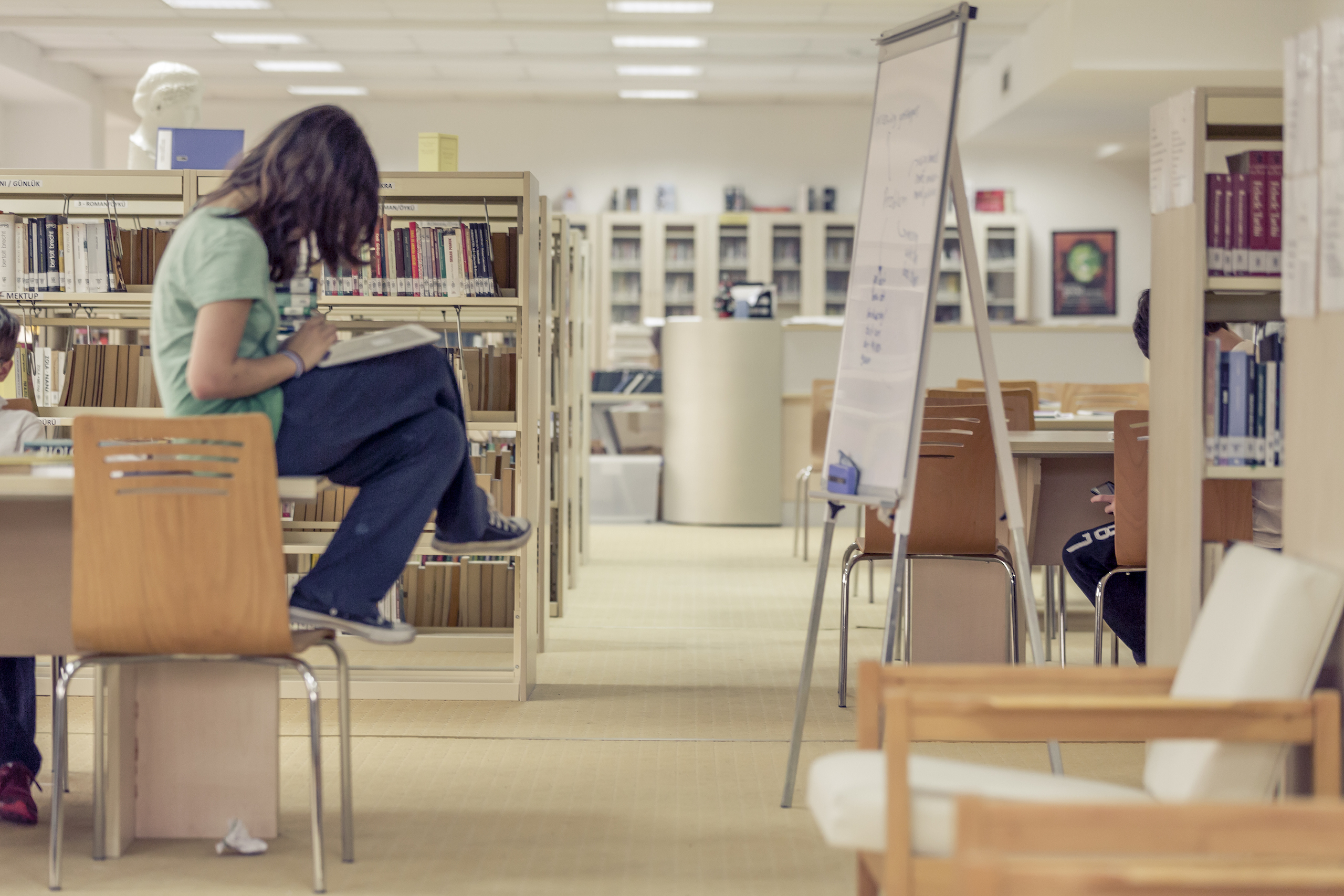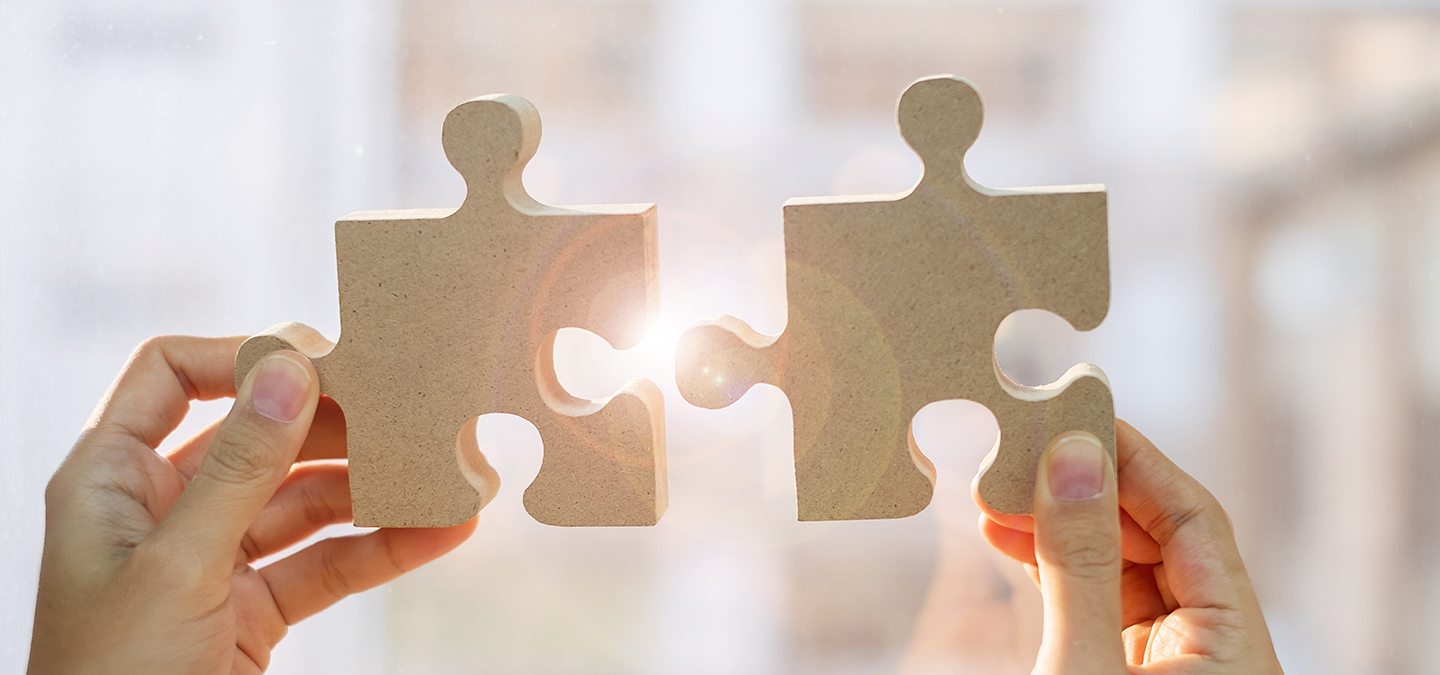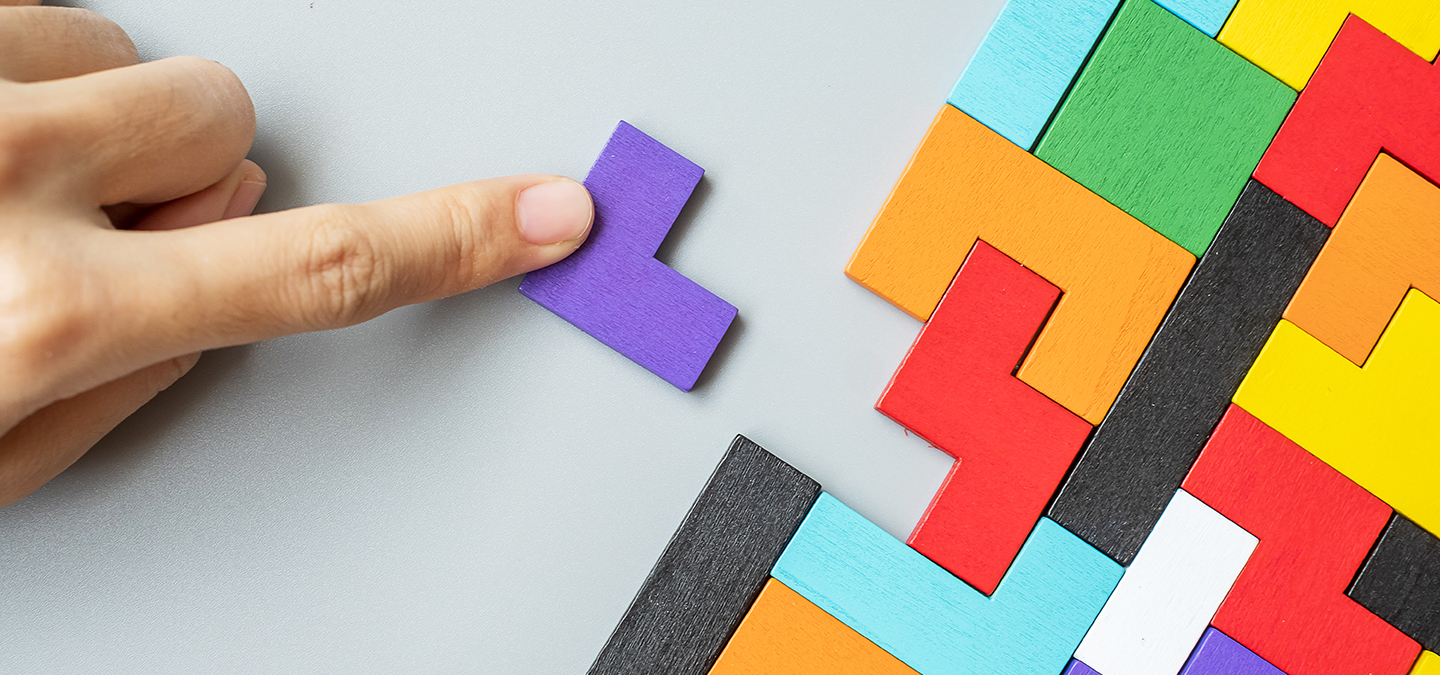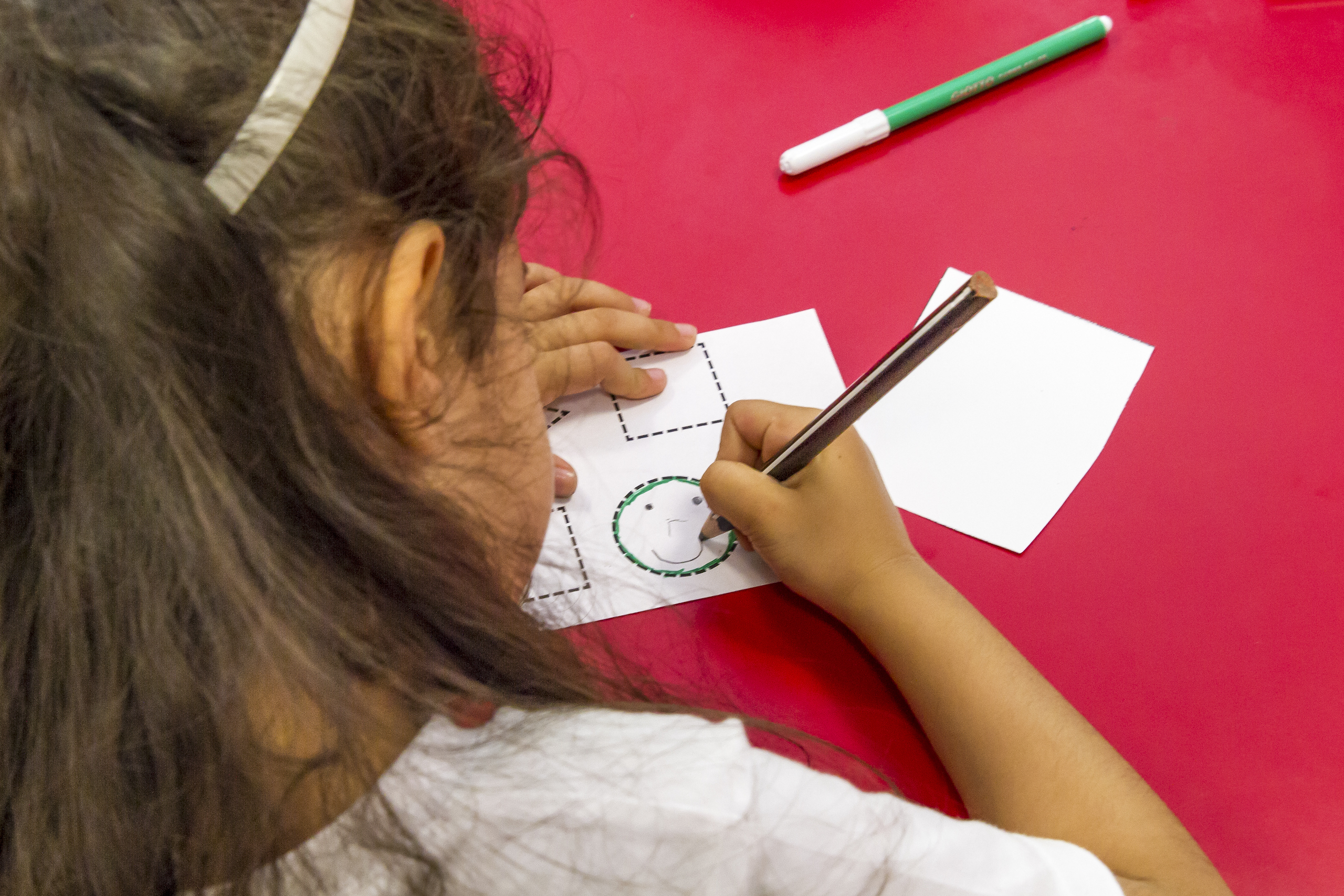SELF AWARENESS
Self-awareness is being mindfully aware of ourselves, our personality, feelings, behaviors, and our needs in life. Self-awareness help us make important choices, maintain a positive stance, and build healthy relationships.
SELF MANAGEMENT
Self-management is the ability to face emotional, social, and cognitive threats around us patiently and mindfully. Self-management requires controlling destructive feelings and impulses, and thinking before acting.
SOCIAL AWARENESS & RELATIONSHIP BUILDING SKILLS
Social Awareness is the ability to take the perspective of and empathize with others from diverse backgrounds and cultures. Research shows that students with strong social awareness adapt easily to their environment, are empathetic to others, and have fewer behavioral problems.
ETHICAL RESPONSIBILITIES
CHARACTER DEVELOPMENT
Character development is a learning process that helps students and adults in a school community understand, value, and comply with core ethical values such as respect, justice, citizenship, and responsibility for themselves and others.
GROWTH MINDSET
TRAUMA AND EMOTIONAL RESILIENCE
Trauma is a set of events that threatens and damages an individual’s life, living integrity, and belief system. In other words, it is an event or circumstance that has adverse effects on the individual’s mental, physical, social and emotional functioning and well-being.
